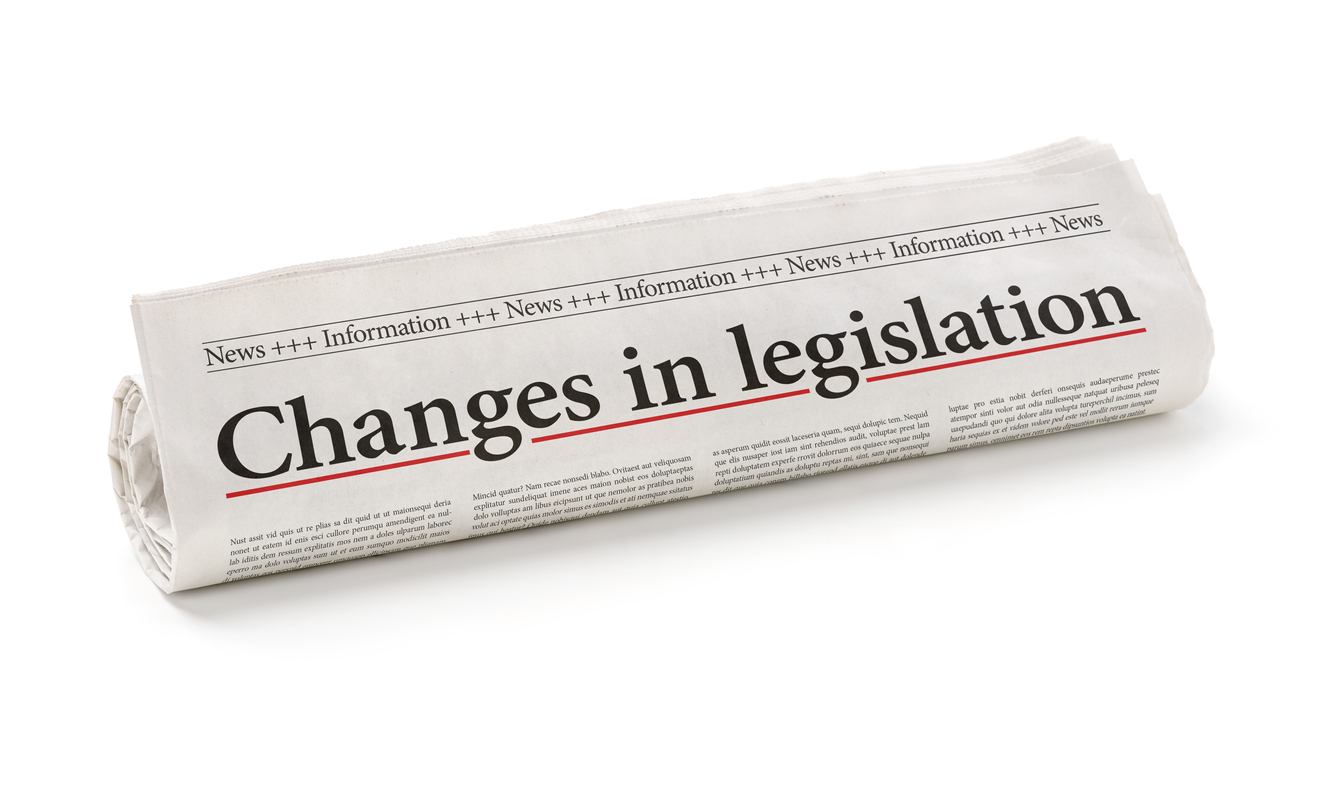New laws enacted last month provide further support for California wildfire claimants by requiring carriers provide additional coverages. Only a few years ago, California enacted laws requiring insurers to provide coverage for Additional Living Expenses (ALE) incurred due to a covered loss relating to a state of emergency – almost every massive wildfire – for a period of no less than 24 months. (California Insurance Code Section 2060(b)(1).)
However, these laws were recently changed yet again, providing more benefits for homeowners. (California Insurance Code Section 2060(b)(1).) Key to those changes is that insurers must now provide up to an additional 12-month extension of ALE, a total of 36 months, if an insured acting in good faith and reasonable diligence encounters delays in the reconstruction process that are a result of circumstances beyond the control of the insured. For example, 2017 Woolsey fire victims faced many conditions outside of their control such as permit delays, lumber shortages, and lack of available contractors. For most insureds, their ALE benefits will end this November, and many could use additional time to rebuild their property. Unfortunately, this new rule does not go into place until July 1, 2021, and is not retroactive, meaning Woolsey victims or any claimants of the current fires burning in Southern California will not benefit from the change.
Another key change is that in the event of a total loss, an insurer needs to make advance payment of no less than four months of living expenses upon an insured’s request. This rule goes into effect on January 1, 2021. (Insurance Code Section 2061(a)(1).)
Interestingly, a public adjuster recently brought to my attention a list that a carrier provided his client of possible expenses covered under the Additional Living Expense portion of a policy. The list included:
Lodging costs • meal costs while you are without cooking facilities • additional transportation charges • telephone charges, i.e. setup and/or temporary transfer of service charges • additional utility costs for the temporary residence • long distance charges not normally incurred • non-refundable damage deposit(s) • additional special needs costs, i.e. wheelchair ramp, etc. • child care additional costs due to temporary relocation • pet lodging if unable to stay with you • laundry while you are without a washer/dryer.
If you believe you will incur at least four months of these expenses following a claim, the new rule should require a carrier to advance these costs upon request.
California law has always required insurers to provide a list of potential expenses, but compliance has not always occurred. (Insurance Code Section 2060(a).) It is possible the recent changes to the remainder of the section caused carriers to pay additional attention to this section. Regardless, it is a helpful list to any policyholder who will be claiming ALE benefits during a claim.




